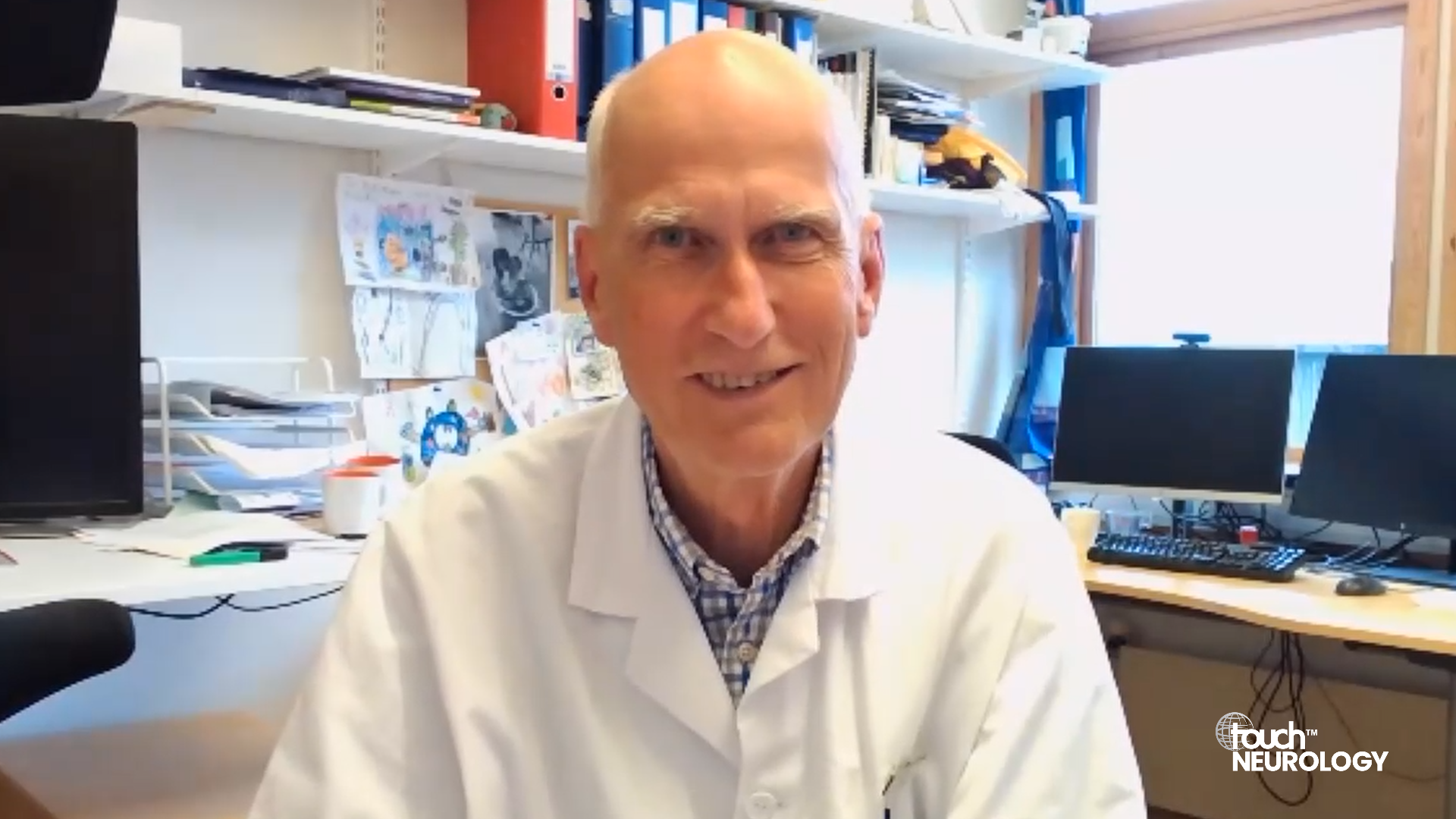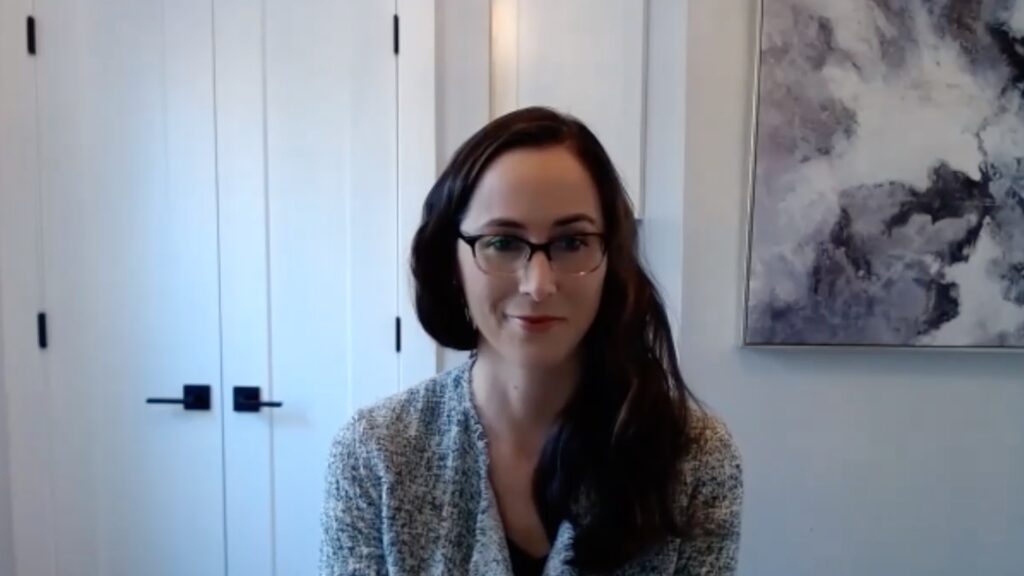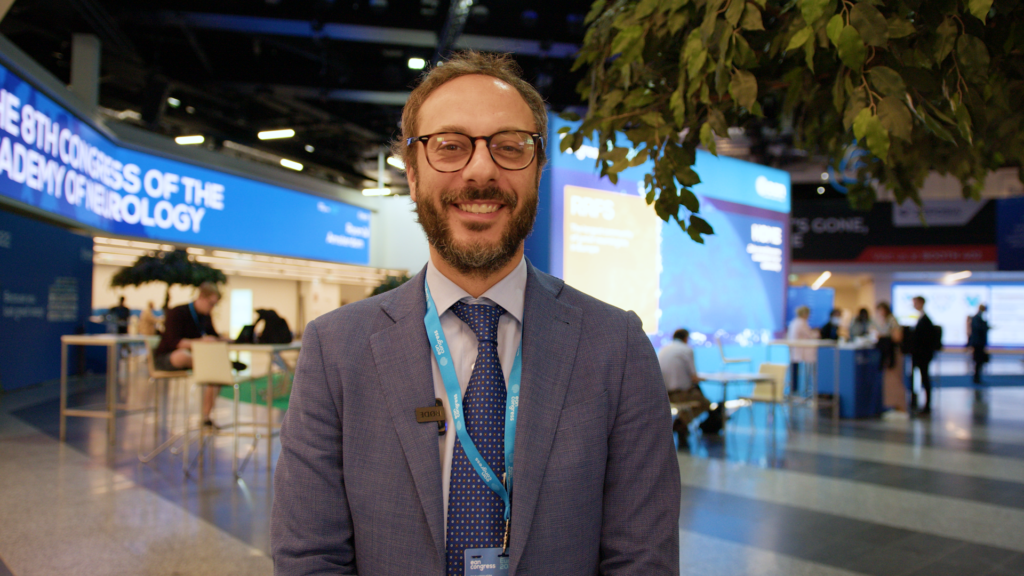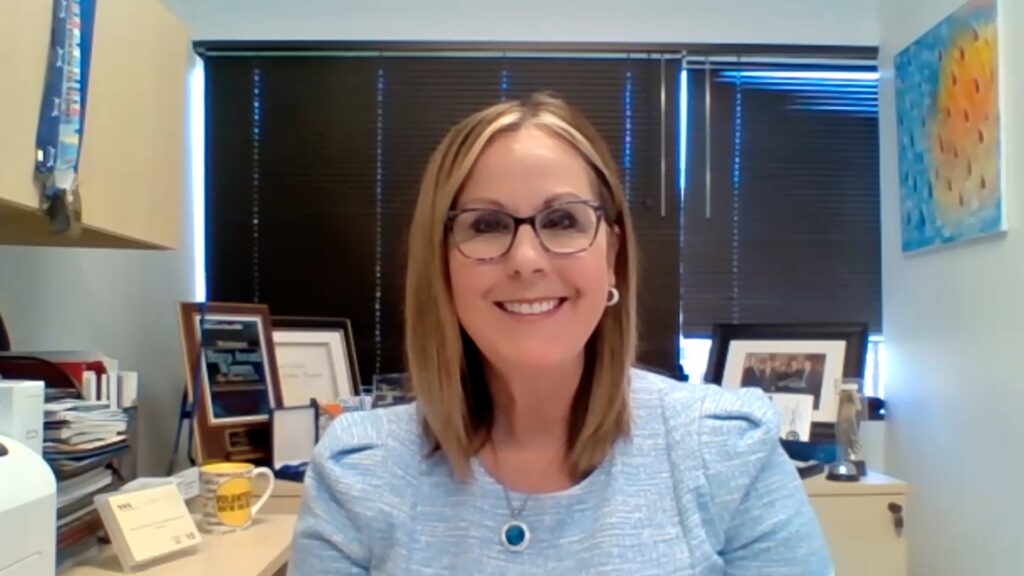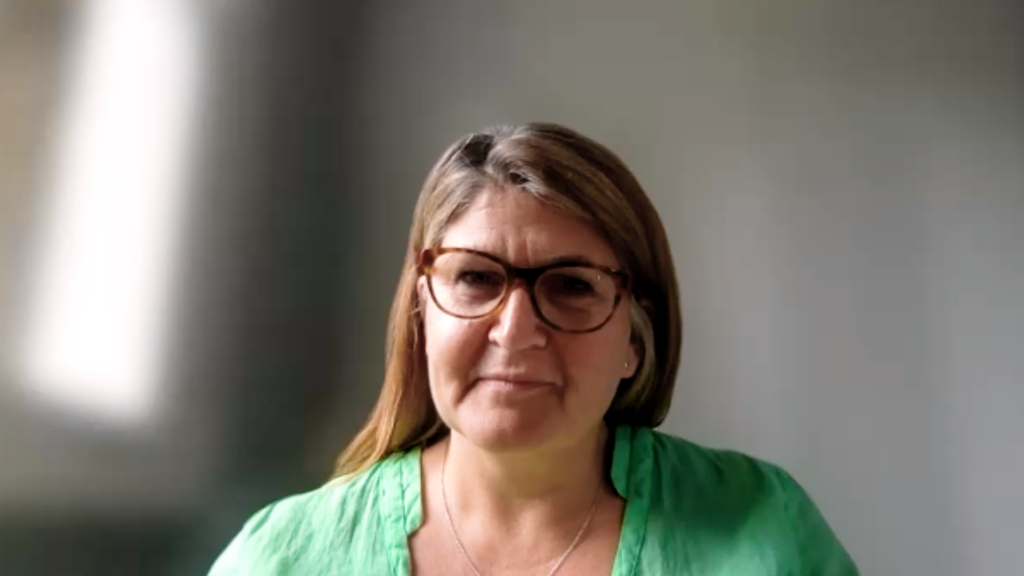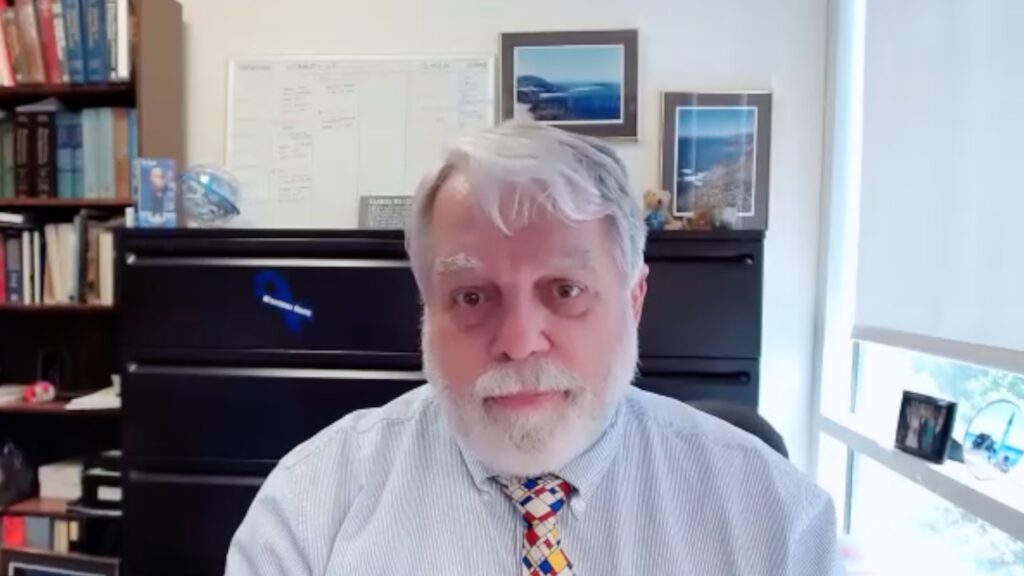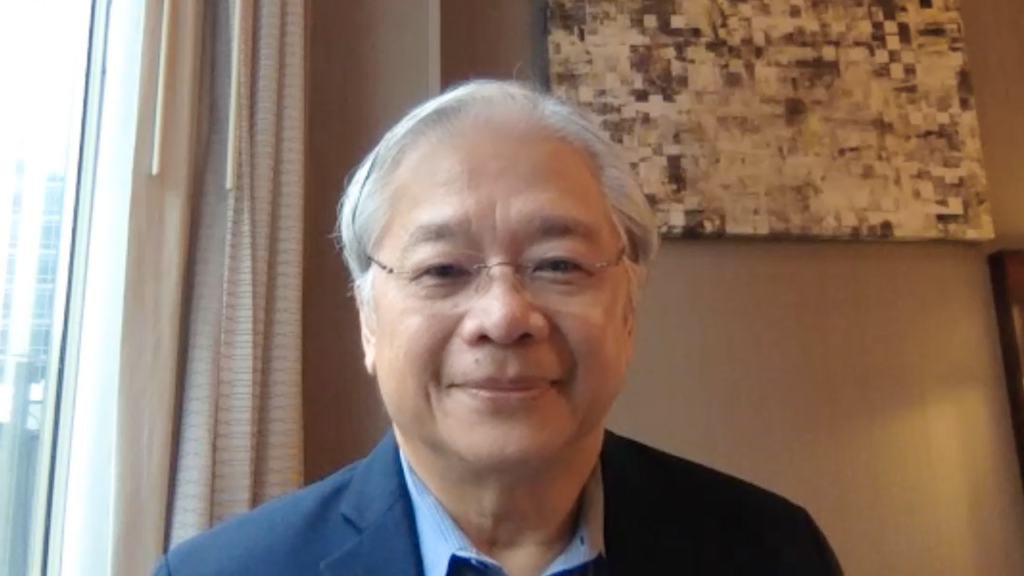Prof. Said Beydoun (Keck Medical Center of USC, University of Southern California, CA, USA), Editor-in-Chief of touchREVIEWS in Neurology, joins us for Rare Disease Day to share his perspectives and experiences in treating people with myasthenia gravis. In this interview, he discusses the impact myasthenia gravis has on quality of life, the key symptoms and the prognosis for patients.
Touch Medical Media is supporting Rare Disease Day (28 February 2022) to shine a light on healthcare inequalities for people living with rare diseases, focusing on patient quality of life and the difficulty of diagnosing patients early.
Questions:
- Could you give us a brief overview of myasthenia gravis and the key symptoms? (0:21)
- What is the impact of myasthenia gravis on quality of life? (3:17)
- How is myasthenia gravis managed and treated? (6:10)
Disclosures: Said Beydoun has received research grants from AB Science, Amylyx, Healey ALS Center-MGH, Ra Pharma, Sanofi and UCB. He has also been a consultant/speaker for Alexion, Alnylam, Argenx, CSL, Grifols, Mitsubishi Tanabe and Takeda.
Support: The production of this video was supported by Touch Medical Media.
Other content available in support of Rare Disease Day includes:
- Megan Hunter: Living with myasthenia gravis – A journey to diagnosis
- Shekita Green: Living with neuromyelitis optica spectrum disorder (NMOSD) – A patient perspective
- Jackie Palace: Improving diagnosis and treatment of neuromyelitis optica spectrum disorder
- Damara Ortiz: The impact of Pompe disease and the importance of newborn screening
- Ethan Crough: Living with achondroplasia – Celebrating diversity and increasing awareness
- Spero R Cataland: Acquired thrombotic thrombocytopenic purpura – Risks, complications and the impact on daily life
- Richard Keen, Rare Disease Day 2022: Rare bone diseases – Diagnosis, management and patient quality of life

